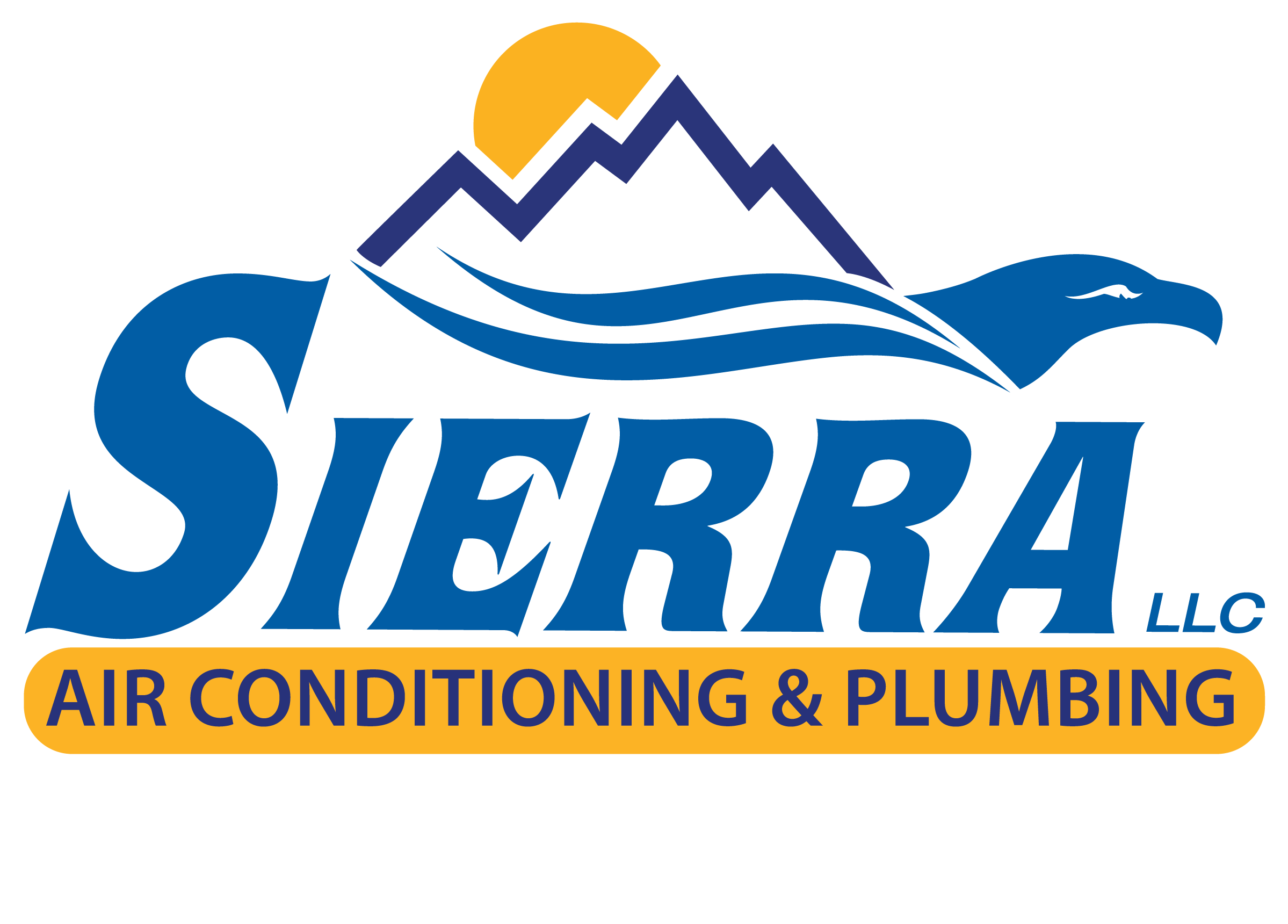By Sierra Air Conditioning & Plumbing
If you are looking to replace your water heater, you may be deciding between a traditional and a tankless water heater. There are many pros to either piece of equipment, it just depends on what is the best for your needs.
Pros and Cons of Traditional Vs. Tankless Water Heaters
Traditional
- Lower cost to purchase
- There are certain situations in which you cannot install tankless
- You will still have hot water during a power outage
- It is an expensive ticking time bomb
- Leaks are not a matter of if but when
- Average damage from a leaking water heater is $4400
- Outdated technology
- Shorter life span (8-10 years)
- There is a constant flame in your home
- You may run out of hot water depending on the size of your tank
- You are wasting money on your utility bill to constantly heat water around the clock when it is only used for a few hours a week
Tankless
- Saves space! You will gain a closet when you switch to tankless
- You will never run out of hot water – it is continuous and heated when you need it
- You will save money as it costs less to operate. You do not have to reheat water over and over again
- No tank to leak so you avoid water damage!
- Safety – there is no open flame 24/7
- Longer life span (20-25 years)
- Some tankless water heaters provide instant hot water with built in recirculation pumps
- Initial upfront investment
- Will not work in power outages
- They cannot be installed in every home
Storage of Hot Water vs. Hot Water On Demand
The main difference between traditional and tankless water heaters is that traditional water heaters store and preheat a reserve of hot water in the tank. When someone uses the hot water, the tank refills and needs to be heated again. Tankless water heaters produce hot water on demand. When the hot water is turned on, cold water travels through the water heater. Tankless water heaters do not run out of hot water and you do not have to wait for the storage tank to fill up again.
Location, Location, Location
Tankless water heaters are much smaller than traditional water heaters, so they do not take up as much room in your home. Due to their small size, they can be located closer to your appliances and deliver hot water more quickly than a traditional water heater.
Maintenance
One of the most important parts of maintenance for a traditional water heater is checking and replacing the anode rod in your water heater. The anode rod is a metal rod that runs down the center of your tank. It is one of the most vital components of traditional water heaters as it attracts sediment and corrosive elements (like minerals in the water) so that they corrode the anode rod rather than the inside of your water heater’s tank. Tankless water heaters do not have an anode rod.
Energy Efficiency & Savings
On average, water heaters use about 13-15% of the household energy when functioning properly. However, if the water heater is malfunctioning, it may have to work twice as hard to give you the same amount of hot water, causing your bill to increase dramatically. Tankless water heaters are in general more energy-efficient so may save you more money in the long run.
Lifespan
The water supply in Southern Nevada has a higher mineral content, shortening the lifespan of a traditional water heater than in other parts of the country. Due to the corrosion, traditional water heaters last about 6-8 years here in the Las Vegas valley. Tankless water heaters last almost twice as long as traditional water heaters, so you do not need to replace them as often. Traditional water heaters have a much lower upfront investment, a shorter lifespan, and possibly higher utility bills. Tankless water heaters have a much higher cost upfront, but will last longer and may save you on utility bills in the long run.
Ultimately, we just want you to have the best option for your family’s lifestyle and comfort. If you would like to learn more about water heater services, we provide complimentary estimates in which our Service Technicians can explain more about each option.







